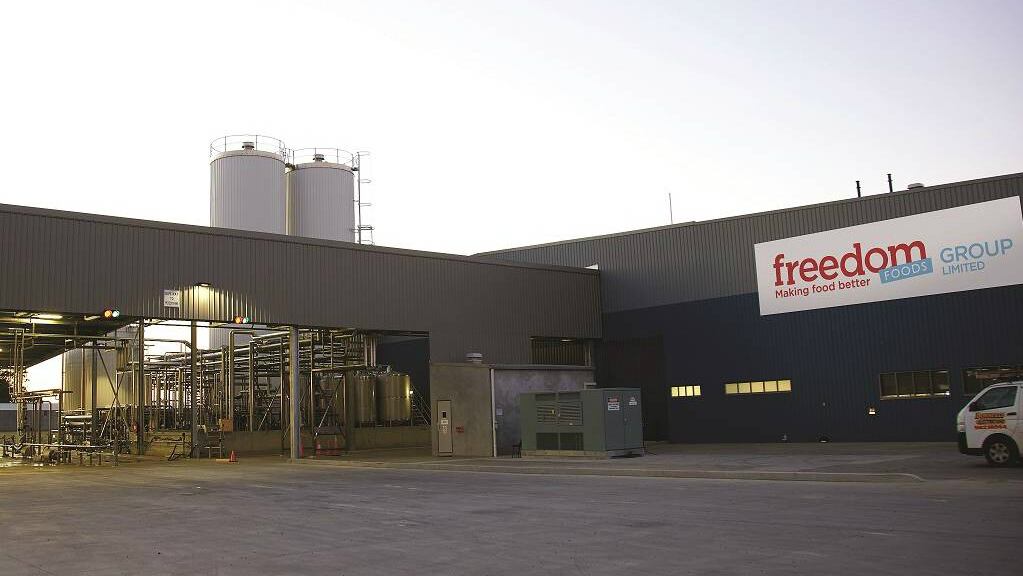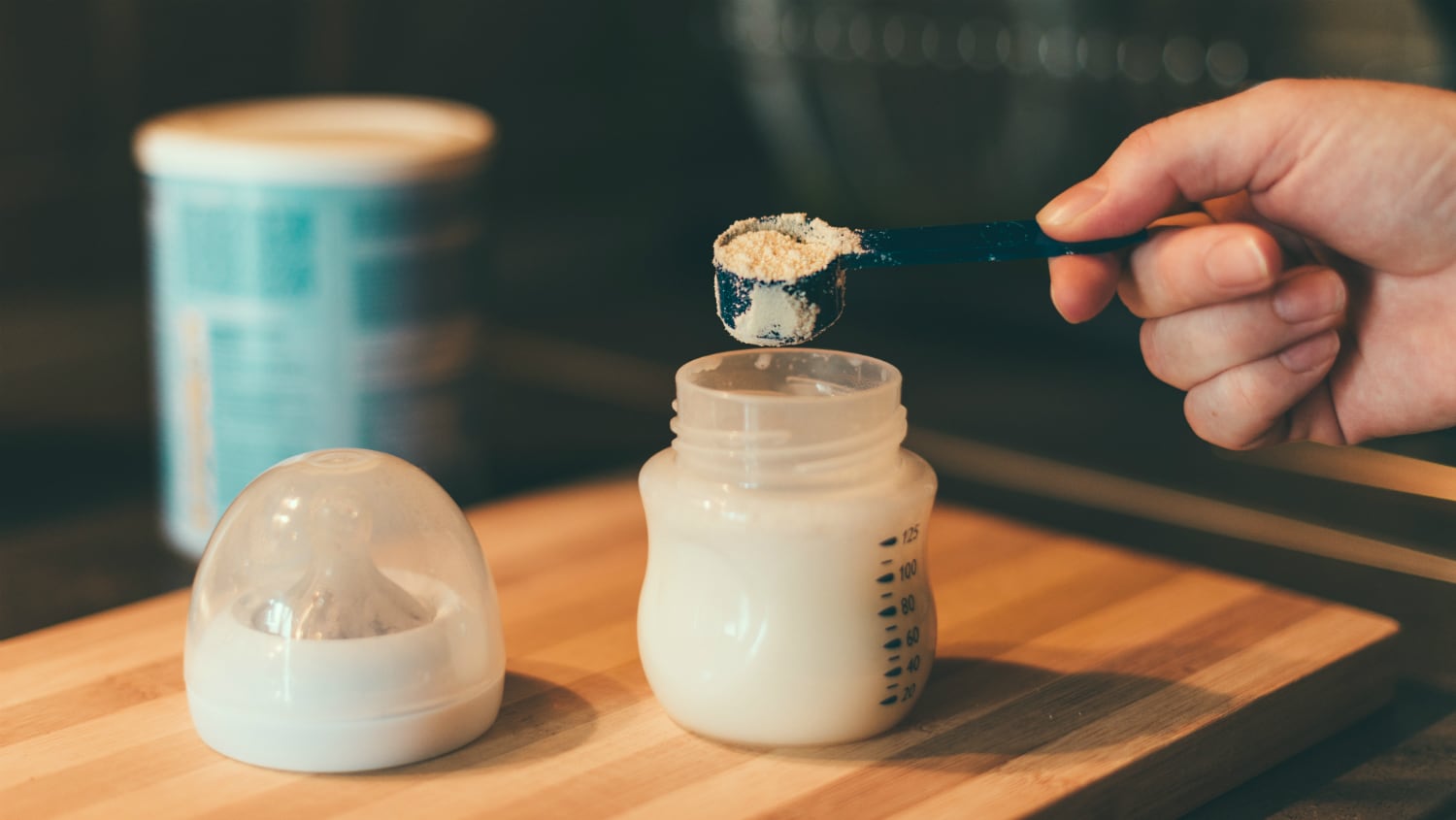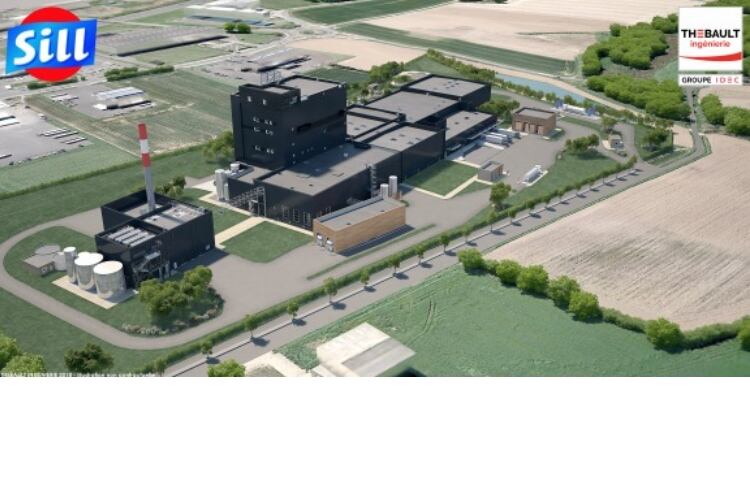Earlier this month, Freedom Foods completed a key commissioning step at its Shepparton site for the production of the dairy protein lactoferrin, with an initial installed annual capacity of 16 tonnes.
According to the firm, it has received "strong market inquiry" for its lactoferrin capacity, which it expects to sell into FY 2020.
Demand for lactoferrin has been rising steadily in Australia, South East Asia and China, thanks to its multiple health benefits, including immune system support, protection against bacterial, fungal and viral pathogens, intestinal health support, and iron metabolism regulation.
Other Aussie companies like Bega Cheese and Jatenergy have jumped on the bandwagon, buying or establishing plants in Australia to facilitate lactoferrin production for other brands, as well as for their own range of products.
Site-seeing
Apart from lactoferrin, Freedom Foods will also produce and package UHT milk at its 130,000 sq m Shepparton facility, which is said to be Australia's fourth largest dairy plant. A recent upgrade to its UHT processing lines at the plant will see its yearly capacity double from 250 million to 500 million litres.
In addition, a section of the site has been reserved for the company's Nutritionals arm, which specialises in producing high value-added dairy-based protein ingredient solutions, including nutritional ingredients and premixes for infant nutrition, functional food and beverage products, and clinical and functional nutrition sectors.
The key ingredients under the Nutritionals umbrella include whey proteins such as lactoferrin, α-lactalbumin, β-lactoglobulin, immunoglobin G, and native whey protein isolate, as well as casein proteins such as micellar casein concentrate. These proteins are said to be the purest undiluted dairy protein sources for infant nutrition, sports nutrition, and weight management.
Freedom Foods began its micellar casein production in February, followed by production of its native whey protein isolate, both of which have attracted 'strong inquiry' from local and foreign markets. It expects the facility to move to full capacity during the FY 2020 financial year.
The Shepparton site adds to Freedom Foods' dairy capabilities, which were previously concentrated at its Ingleburn site, where it has been processing and packaging yoghurt since 2015.
The Ingleburn plant also houses the production of the company's non-dairy milk products, including soy, rice, almond and oat milk, as well as its protein production. There, the firm produces Crankt Protein Max, a gluten-free premium bottled protein shake, and Australia's Own's range of flavoured almond milk.
At both sites, the firm manufactures the Australia's Own's line of skim, low-fat, full-cream and A2 UHT milk, as well as its UHT cooking creams.
Farm focus
With the increased production at its Shepparton site, Freedom Foods also hopes to help more farmers.
The Shepparton site upgrades and commencement of lactoferrin production coincide with Australian Fresh Milk Holdings (AFMH) completing its purchase of Coomboona Dairy, just northwest of Shepparton.
Freedom Foods owns a 10% stake in AFMH, which is the result of a partnership between the Moxey and Perich families. Coomboona Dairy, which was previously owned by retail conglomerate Harvey Norman, went into receivership last March.
Freedom Foods has been using milk from both Moxey Farms and Coomboona Dairy in its dairy products. With the purchase of the latter — which produces over 30 million litres of milk annually — AFMH has increased its projected milk production for 2019 to over 150 million litres, making it Australia’s largest dairy producer.
Freedom Foods plans to continue working with farms and at the same time, remove farmers from what MD and CEO Rory Macleod calls "the cycle of volatility", which is experienced by farmers working off short-term pricing.
Macleod said: "Farmers face three key areas of volatility to manage: pricing, seasonality, and input costs. Our prices are not conditional upon external factors, such as what another company is paying.
"Instead, we will ensure a fixed price for the term of the contract. Our farmers select the term to match their planning cycle; current contracts are between 12 months and four years."
"We pay a fair and sustainable price based on our understanding of what is needed to support our farmers’ individual business strategies, and we hope to continue to attract farms that are committed to producing premium quality milk under long-term partnerships."



